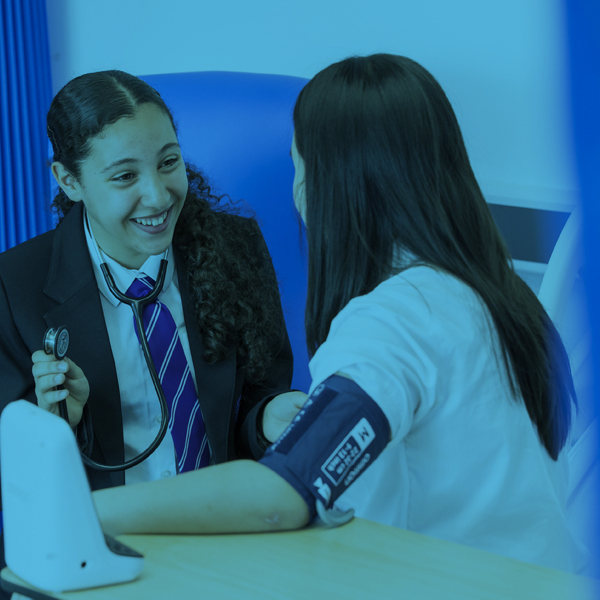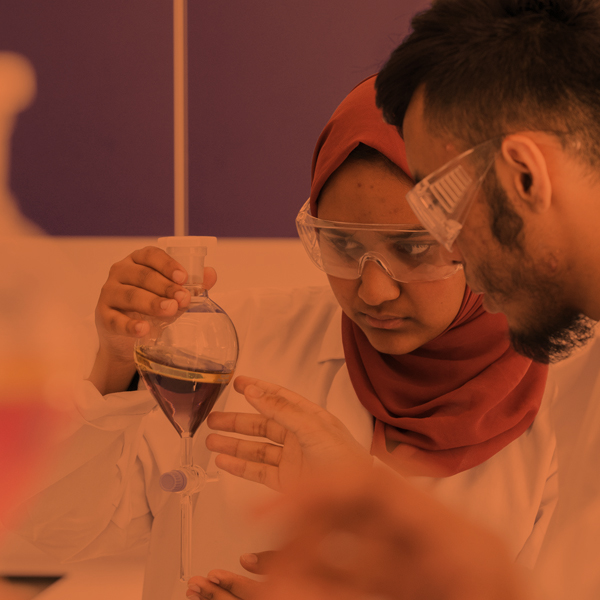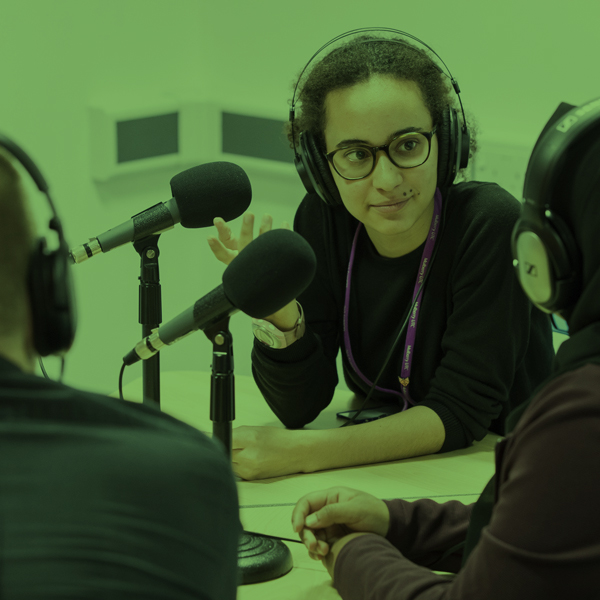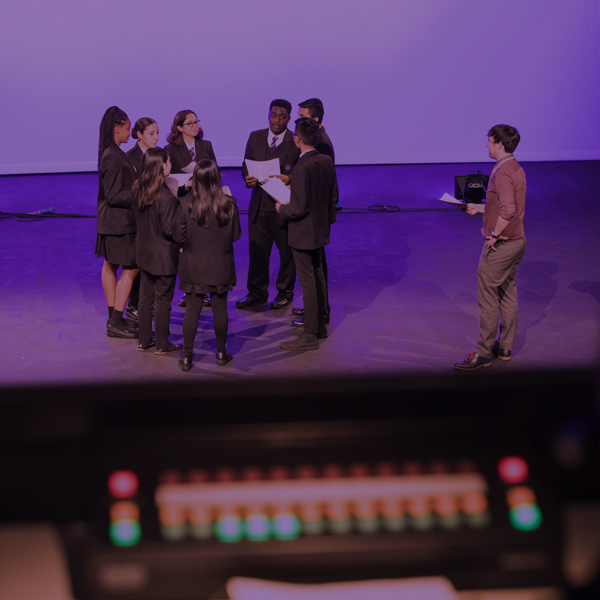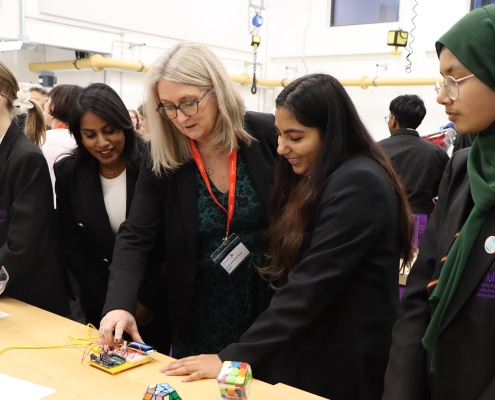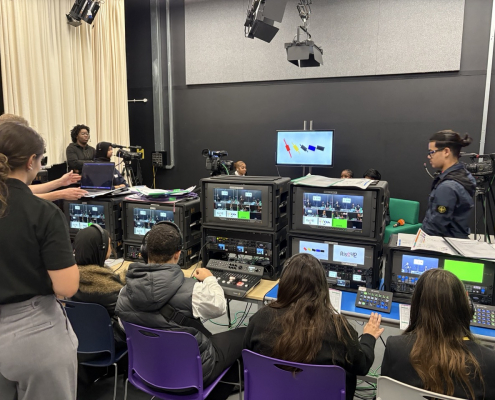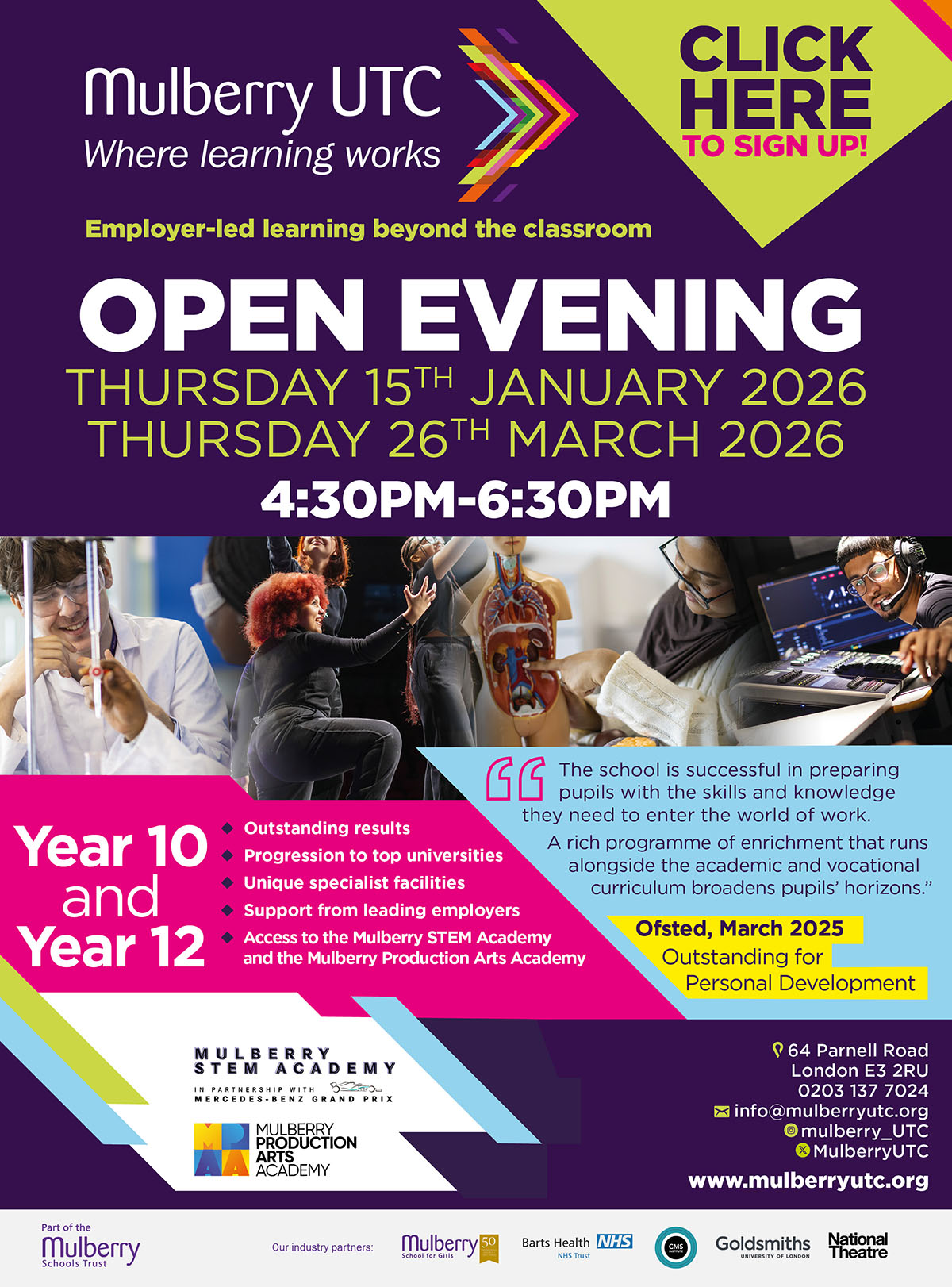 https://www.mulberryutc.org/wp-content/uploads/2025/10/A4-Going-Places-2025_Cover-featured.jpg
529
705
Charlotte Sheridan
https://mulberryutc.org/wp-content/uploads/2019/07/MUTC_logo1.png
Charlotte Sheridan2025-10-06 11:43:152025-10-06 11:43:15Mulberry Schools Trust celebrates student destinations in Going Places 2025
https://www.mulberryutc.org/wp-content/uploads/2025/10/A4-Going-Places-2025_Cover-featured.jpg
529
705
Charlotte Sheridan
https://mulberryutc.org/wp-content/uploads/2019/07/MUTC_logo1.png
Charlotte Sheridan2025-10-06 11:43:152025-10-06 11:43:15Mulberry Schools Trust celebrates student destinations in Going Places 2025
Mulberry UTC is part of the Mulberry Schools Trust which is a charitable company limited by guarantee registered in England and Wales (Company No. 10035860).
Company’s registered office: Mulberry Schools Trust, Richard Street, Commercial Road, London E1 2JP.
© Copyright – mulberryutc.org

